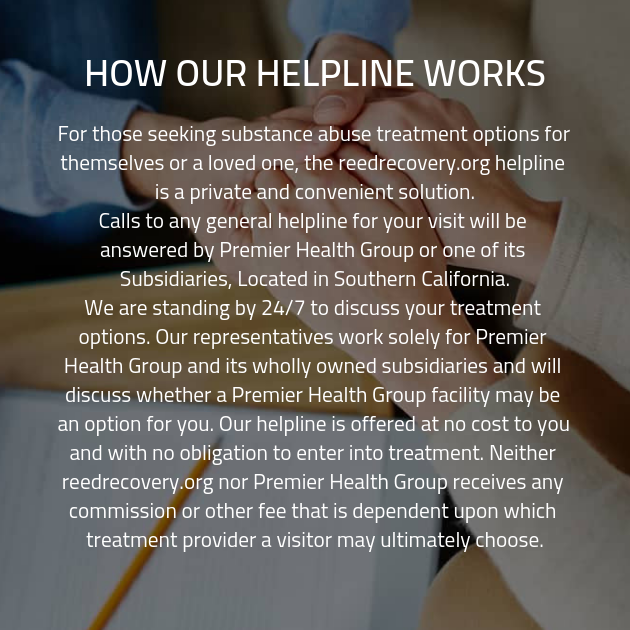Anderson, SC
T: (844) 343 – 8658
The decision to kick an addiction and seek help from a substance abuse treatment facility is one that can change the rest of your life. No matter how long you or someone close to you has been struggling with addiction, you should know it is never too late to get help. At Reed Recovery and our drug rehab center in Anderson, South Carolina, we have the experience and resources necessary to provide the help you or your loved one. Regardless of whether you have sought help in the past or tried to overcome an addiction without success, you should know you can begin anew. We are here to help.
When choosing a drug rehab facility, a number of factors should be taken into consideration to choose the facility that is right for your needs. One of the most important factors to consider is whether the substance abuse treatment facility offers individualized treatment. We believe that every client is unique and has different needs. At our Anderson drug rehab facility, we do not offer one-size-fits all solutions. Instead, we provide a customized approach to treatment. Some clients who begin our program have struggled with addiction for a long time while others are battling a recent addiction. The road to recovery is different for everyone. In an addiction recovery program, we begin that path with a clinical evaluation. This assessment is used to determine each client’s individual needs. Your individual treatment program is based on this assessment. During your time in an addiction treatment facility, it should be understood that everyone progresses toward recovery at a different rate. We will update your treatment plan on an as-needed basis to ensure it is truly customized to your needs.
We offer a variety of treatment services in recognition that everyone is unique. For example, some clients find a group setting is more conducive to recovery while other clients prefer individual counseling. At our addiction treatment center in Anderson, South Carolina, we have found that many clients do well with the opportunity to interact with others who have had similar experiences.
We also provide behavioral and cognitive therapy. These forms of therapy help clients explore the factors that may have resulted in addiction. Among some of the most common reasons that often lead to addiction include stress and trying to cope with painful emotions. Without the ability to address these issues, it can be difficult to maintain sobriety once you have completed the treatment program. We will work with you to analyze triggers that may leave you vulnerable to relapse and help you discover tools that can assist you with maintaining your recovery. Such tools include learning positive, healthy ways to handle negative emotions and stress.
During your time in our Anderson addiction recovery center, you will also receive a dual diagnosis mental health treatment. We believe this is a crucial step to uncovering any other disorders or conditions that could affect your recovery, such as anxiety or depression. Not only can such conditions and disorders often lead to addiction but can also complicate the recovery process. We want to ensure you have the best chance at recovery possible at addiction recovery centers.
We also provide a supervised detoxification at our drug detox clinic in Anderson, South Carolina. This ensures you are able to eliminate any harmful substances from your body in a supervised environment, giving you the opportunity to enjoy a fresh start as you begin the path to recovery.
Many prospective clients and their families are often curious about how long they should anticipate staying in a drug rehab center. This is different for each client. Factors that can affect the length of treatment in an addiction recovery facility include addiction severity as well as each individual’s needs. Reed Recovery provides an array of aftercare services to assist clients in their ongoing recovery efforts once they leave the facility. Such addiction recovery services include individual counseling, group support meetings, and family counseling.


